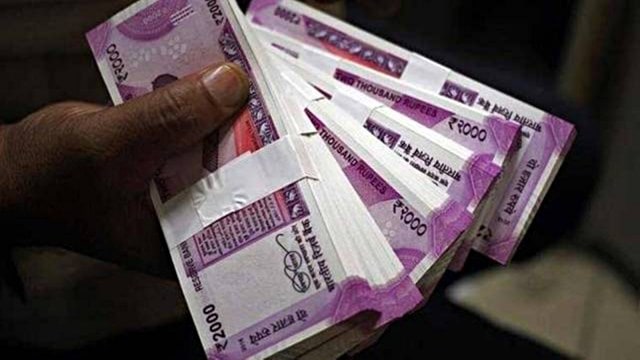

Dec 11, 2024 13:57 IST First published on: Dec 11, 2024 at 13:53 IST
In recent elections in several states, direct cash transfers (particularly to women) are reported to have played an important role. Earlier, on the eve of the national election of 2019, a programme of cash transfers to farmers (PM-KISAN) was introduced that was also reported to have been influential. As I have been an advocate for cash transfers in the form of a Universal Basic Income (UBI) for nearly two decades, I am often asked if these transfer programmes to women and farmers are in line with my advocacy of UBI.
Strictly speaking, these transfers are quite different from UBI for the obvious reason that they are not universal: They are either for special groups of poor women or special classes of farmers (small or marginal farmers, and subject to restrictions relating to earning pensions or paying income tax). I had advocated a UBI for the total population, not as part of any poverty reduction programme, but as part of every citizen’s basic right to some minimum economic security. I had also provided a calculation for its possible fiscal support from the withdrawal of some subsidies (as well as “revenues foregone” in the budget) that are now primarily enjoyed by the better-off people, and from some fresh taxation on the wealth and inheritance of the super-rich. I’ll not repeat that rationale and calculation here — you may check my latest exposition of the case in my book A World of Insecurity (Harvard University Press, 2022).
In some quarters, usually among the subsidised and pampered better-off, a common argument against cash transfers is that these are political “freebies” that are used primarily to lure voters, and from a budgetary point of view are quite “unproductive” and a supposed drain on productive investment. Apart from the fact that the word “freebie” (or even the colourful Hindi word “revdi”) is used by one political party against another, even though all political parties indulge in promising them at election time, it is important to point out that not all of the use of this money is unproductive. Accumulated evidence from cash transfer programmes all over the world and also from India suggest that poor people often use this money in some form of investment (say improvement of their housing or education of their children); even when they use it on consumption, at their level of deprivation and destitution, it can improve their nutrition and working capacity.
Then there are those who think cash transfers make people lazy or prone to intake of drugs or alcohol (usually on the part of male recipients of transfers). Most of the empirical evidence does not bear this out. A sustained and substantial UBI or cash transfer programme enables a worker to leave a part-time or dead-end job and to get some training and seek a more satisfactory or full-time job. It may also provide people currently in a stigmatised job (say manual scavenging or sex work) with an escape ladder to look for something better. On the work disincentive issue, one may even say that the poor are often over exerted in back-breaking, oppressive work, and it will be better if they, particularly women, can afford to work a little less.
A common criticism of cash transfers and UBI is that it diverts attention from the need for structural change. Without questioning that need for India, for such a basic change or political-economy overhaul one requires a great deal of political restructuring and social mobilisation for which cash transfers or UBI are unlikely to be an obstacle. If anything, a better-nourished, better-provided population, enabled by the transfers, may be more ready for such mobilisation or social movement than an extremely deprived or enervated one.
But I have two substantive worries about the way the cash transfer programmes are currently being organised and implemented by the central and state governments in India (even apart from the inadequate amounts). One is that in a situation of galloping wealth inequality and in the absence of the kind of fiscal restructuring of our regressive subsidies and of adequate mobilisation of capital and wealth taxes — that I have always considered an essential part of my advocacy of UBI — our fiscal situation will remain necessarily strained. This often implies that any substantial cash transfer will then have to be at the expense of the necessary long-term investments in public health, education, training and skill formation. This makes the short-term politically lucrative welfare measures for the poor an excuse for abdicating the state’s larger responsibility for investments in their long-term welfare. As the technology-enabled process of direct benefit transfer bypasses and thus enfeebles the local decentralised political structures, it makes popular demands for those long-term projects less likely to be articulated from below.
most read
Finally, my major objection to the current transfers is that they are openly, ostentatiously, delivered as “gifts” from the Prime Minister or the Chief Minister — sometimes accompanied by their photos — to a supplicant body of “subject” population (the term officially used for the latter is “labharthi”). This, rather superciliously, replaces the earlier social movement of looking upon the transfers as basic citizen rights for which the rulers are to be accountable. A “charity” welfare state is an insult to human dignity and democracy.
The writer is Distinguished Professor Emeritus of Economics, University of California, Berkeley


